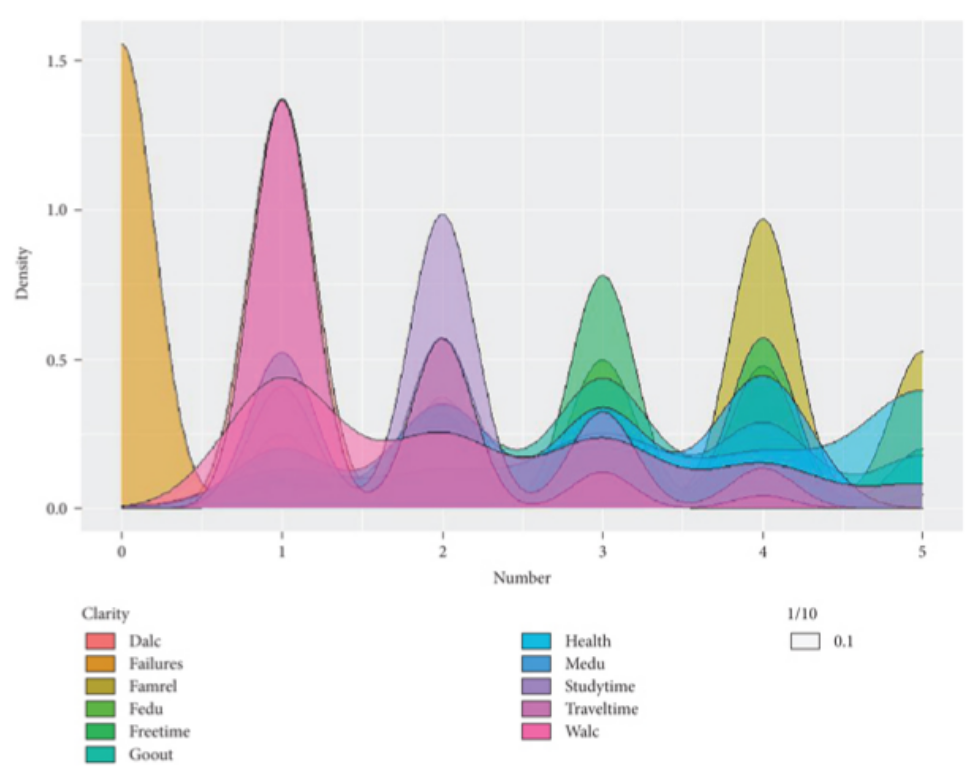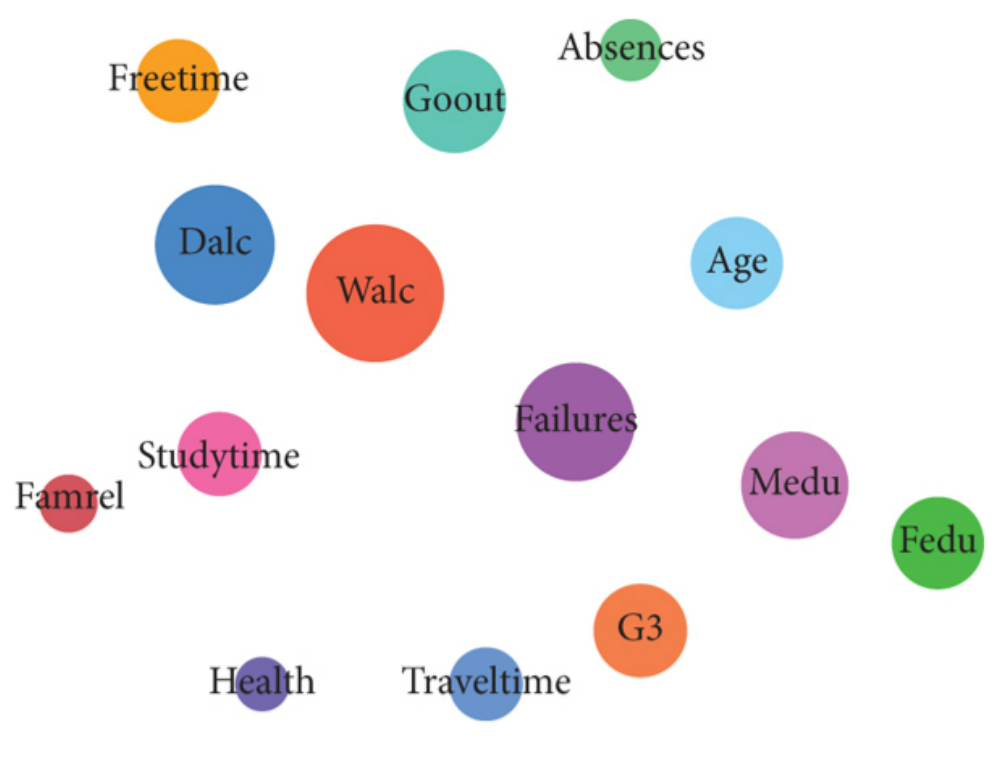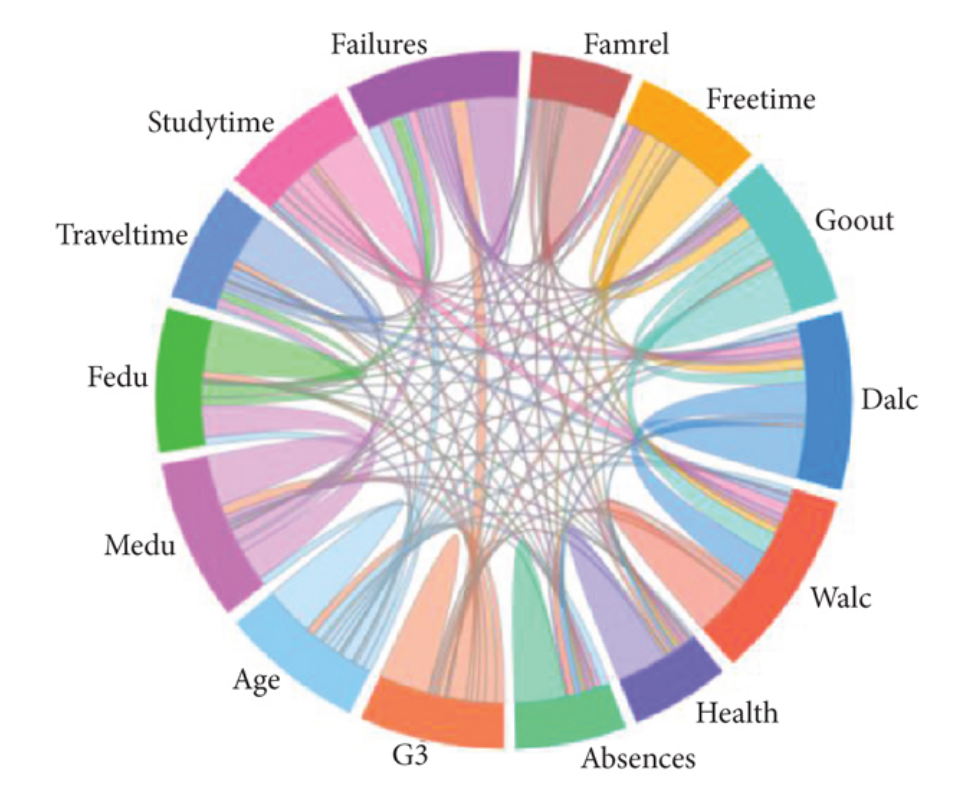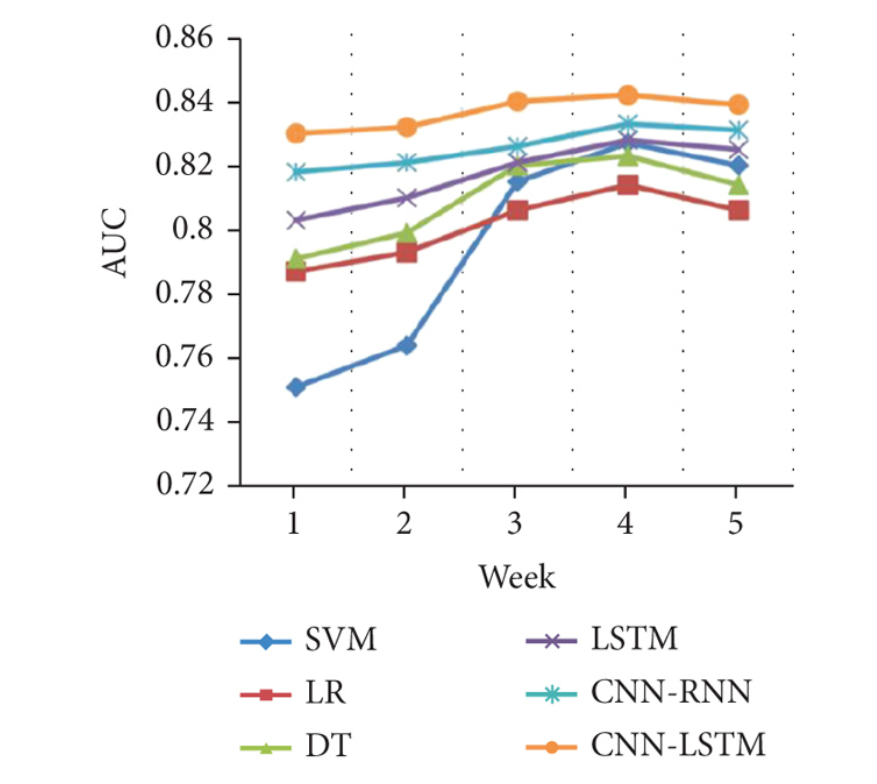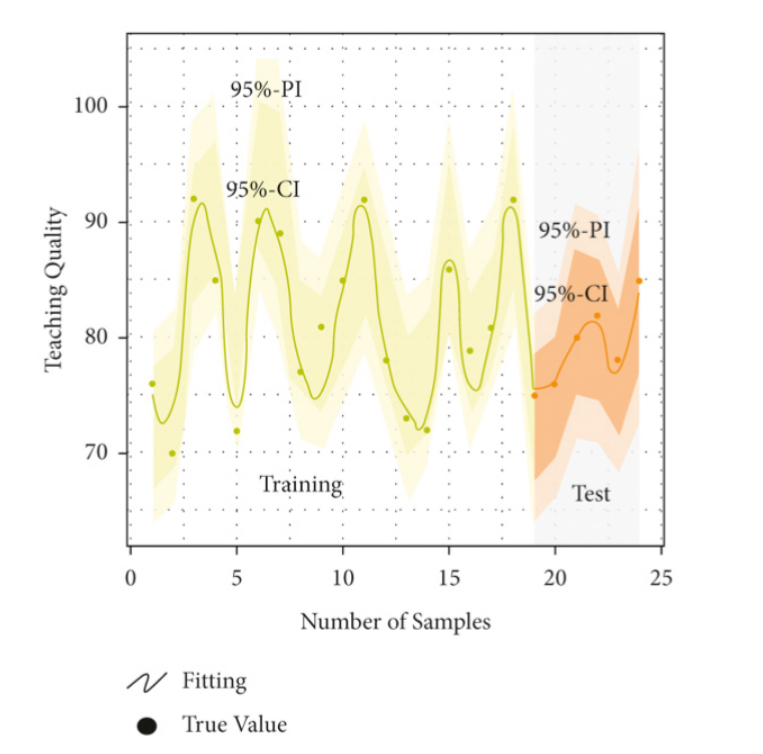 An open access journal
An open access journal
AI in Healthcare: Transforming Diagnosis and Treatment
Abstract
This paper explores the transformative role of artificial intelligence (AI) in the healthcare sector, focusing on how AI technologies are revolutionizing diagnosis and treatment. Through an analysis of case studies and research findings, the study investigates how AI-driven solutions such as medical image analysis, predictive analytics, and virtual health assistants are reshaping various aspects of healthcare delivery, including disease detection, personalized medicine, and patient care. It discusses the potential benefits of AI in improving diagnostic accuracy, reducing medical errors, and enhancing patient outcomes, while also addressing challenges related to data privacy, regulatory compliance, and ethical considerations. Additionally, the paper examines the role of AI in enabling more proactive and personalized healthcare services, by analyzing patient data, predicting disease progression, and recommending treatment plans. Furthermore, it discusses the importance of collaboration between healthcare providers, technology developers, and regulatory agencies, investment in AI research and development, and public education in harnessing the full potential of AI in healthcare. The findings underscore the transformative power of AI in creating more efficient, accessible, and patient-centered healthcare systems to improve health outcomes and enhance quality of life.
Share and Cite
Article Metrics
References
- Esteva, A., Kuprel, B., Novoa, R. A., Ko, J., Swetter, S. M., Blau, H. M., & Thrun, S. (2017). Dermatologist-level classification of skin cancer with deep neural networks. Nature, 542(7639), 115-118.
- Ghassemi, M., Naumann, T., Schulam, P., Beam, A. L., Chen, I. Y., Ranganath, R., & Szolovits, P. (2018). A review of challenges and opportunities in machine learning for health. AMIA Summits on Translational Science Proceedings, 2018, 191.
- Hosny, A., Parmar, C., Quackenbush, J., Schwartz, L. H., & Aerts, H. J. (2018). Artificial intelligence in radiology. Nature Reviews Cancer, 18(8), 500-510.
- Liu, X., Faes, L., Kale, A. U., Wagner, S. K., Fu, D. J., Bruynseels, A., ... & De Fauw, J. (2019). A comparison of deep learning performance against health-care professionals in detecting diseases from medical imaging: A systematic review and meta-analysis. The Lancet Digital Health, 1(6), e271-e297.
- Rajkomar, A., Dean, J., & Kohane, I. (2019). Machine learning in medicine. New England Journal of Medicine, 380(14), 1347-1358.
- Topol, E. J. (2019). High-performance medicine: The convergence of human and artificial intelligence. Nature Medicine, 25(1), 44-56.
- World Health Organization. (2018). The Future of Artificial Intelligence in Health.

